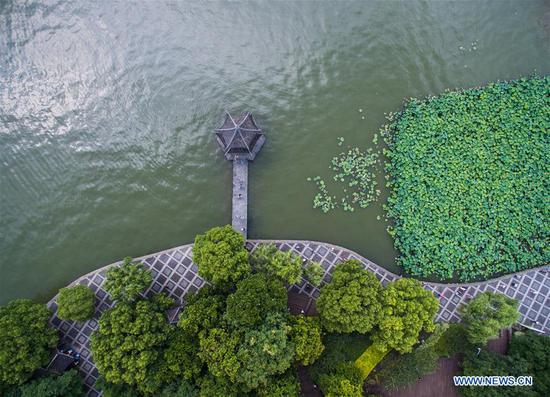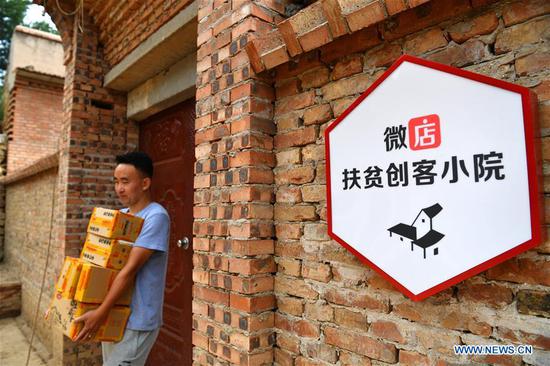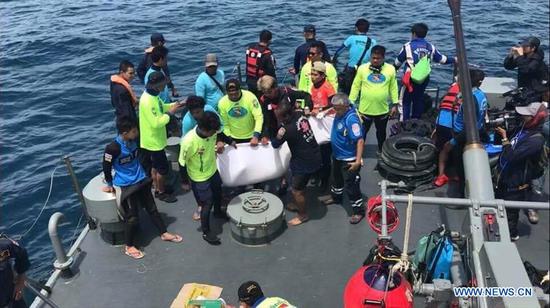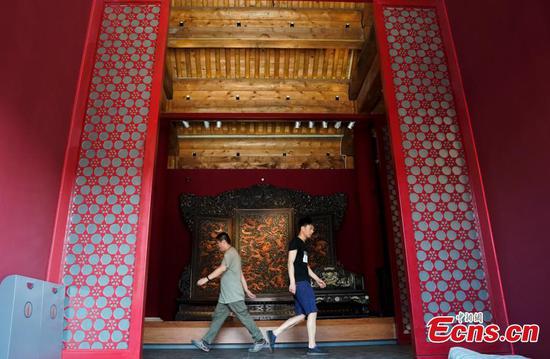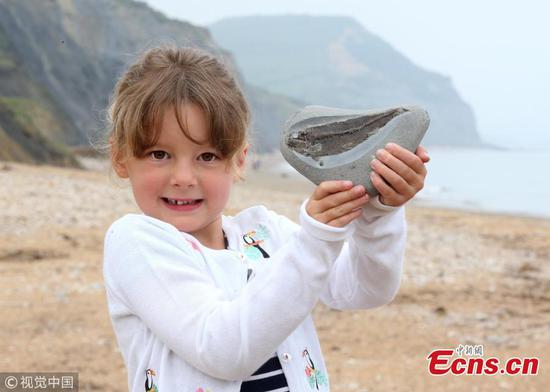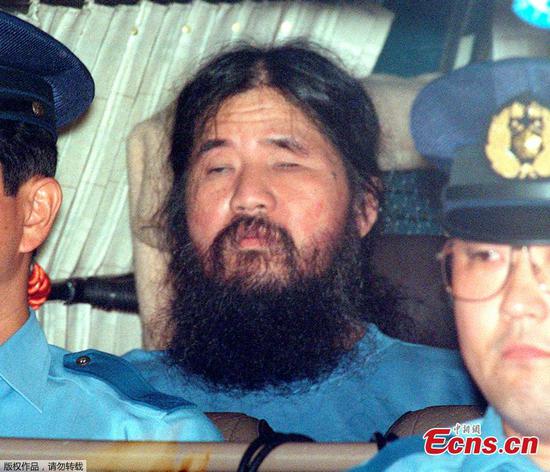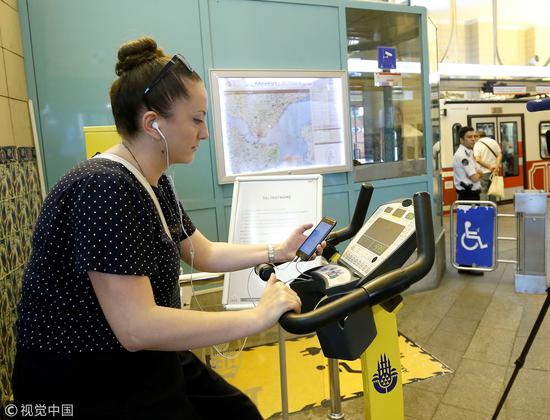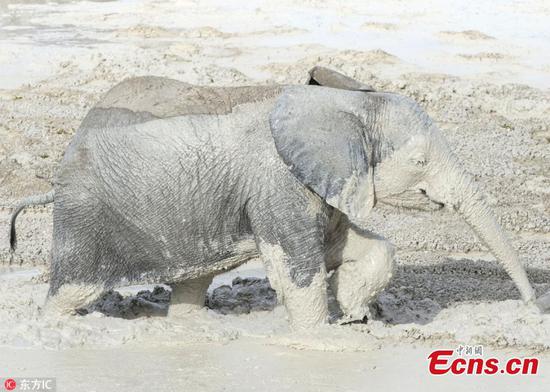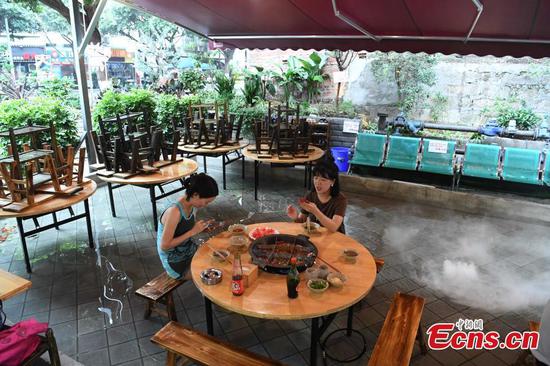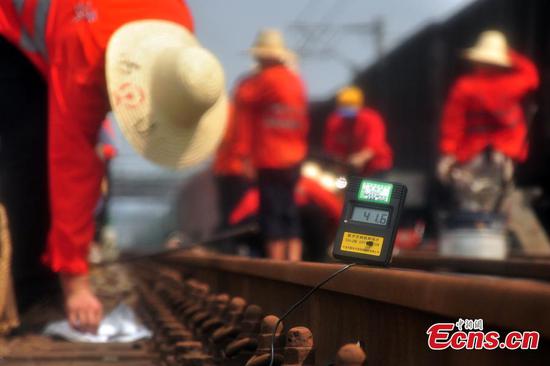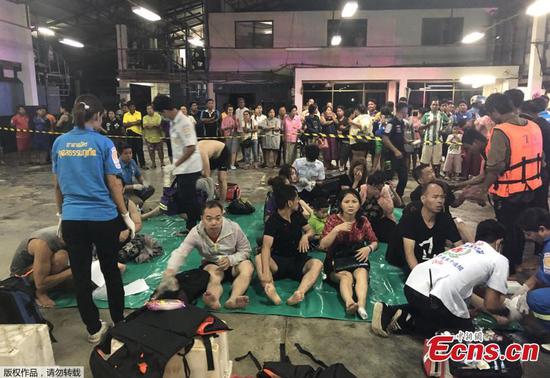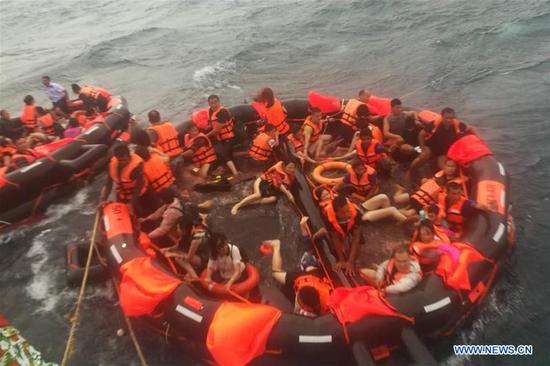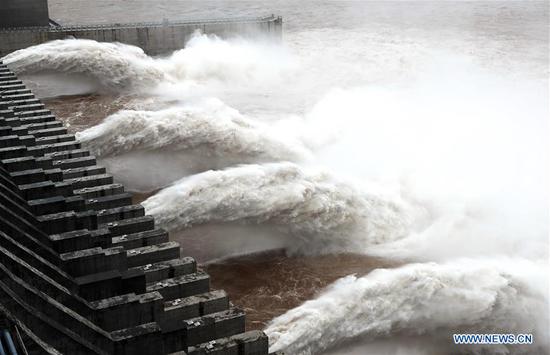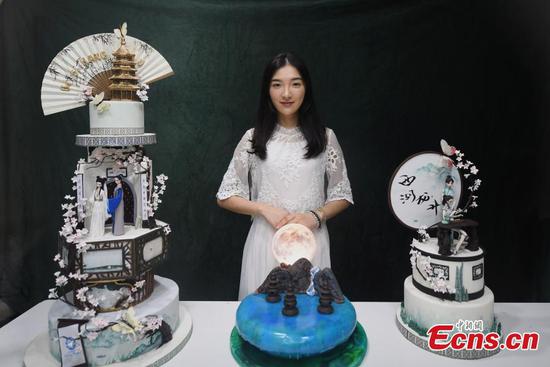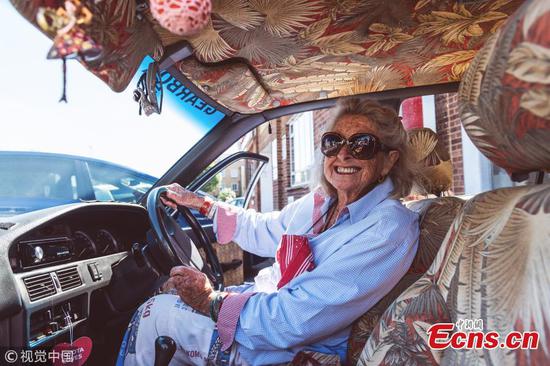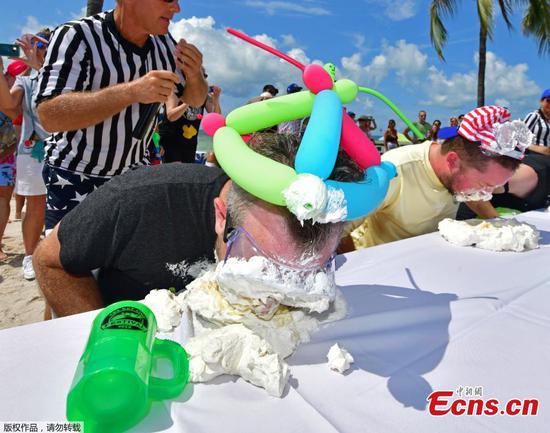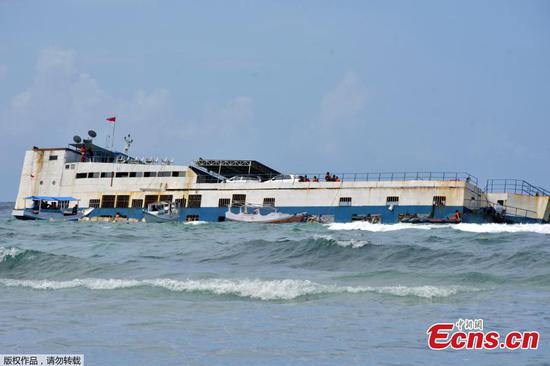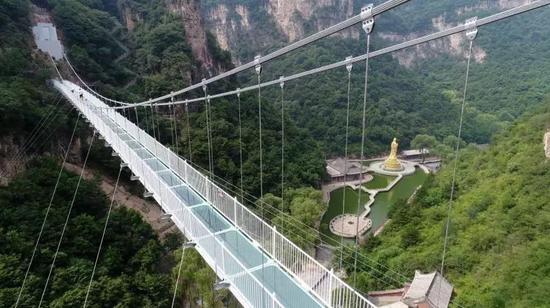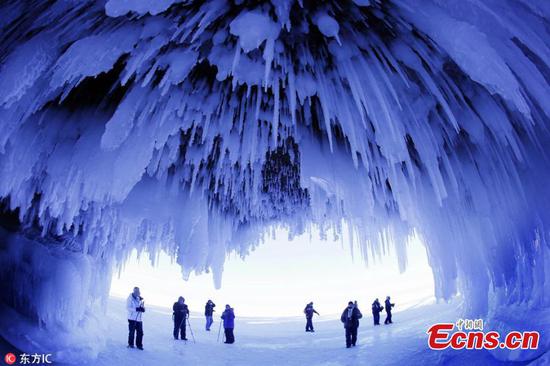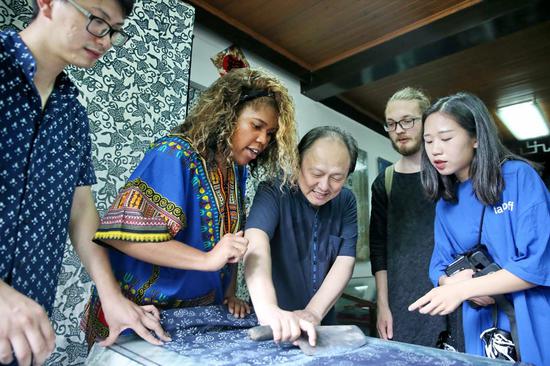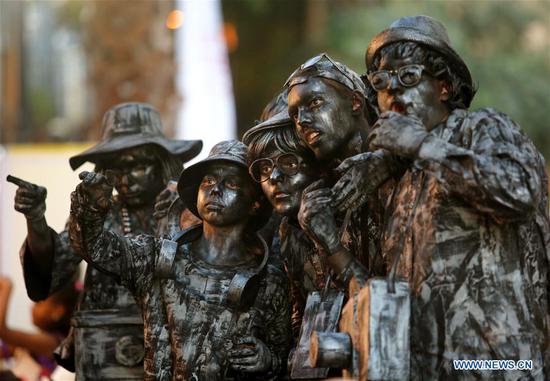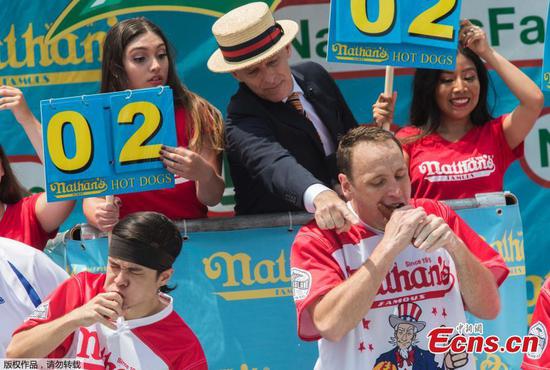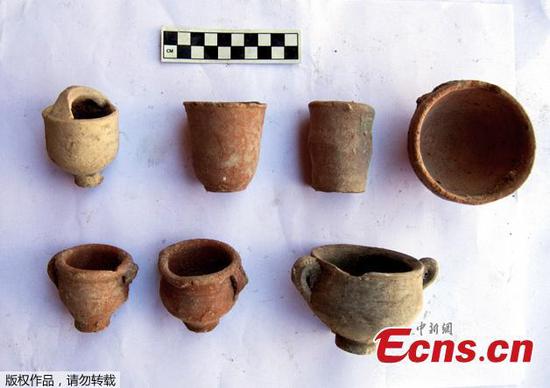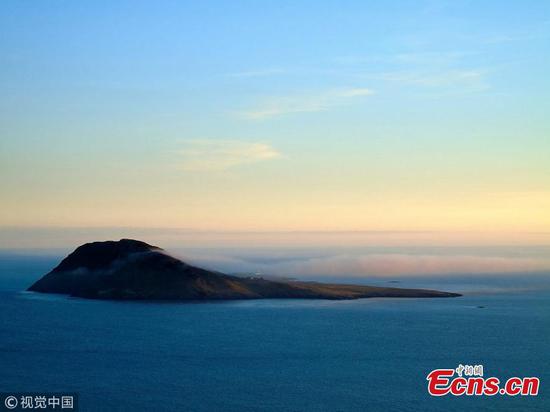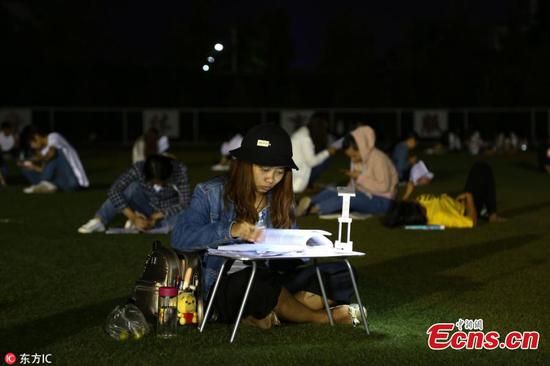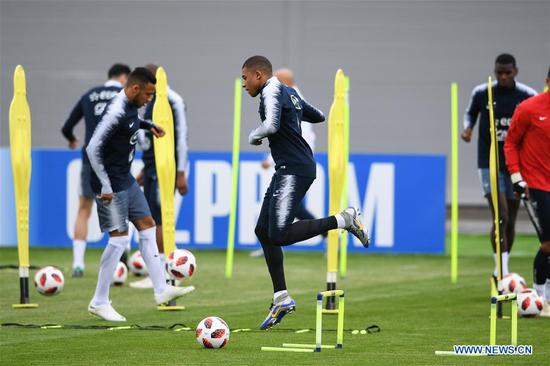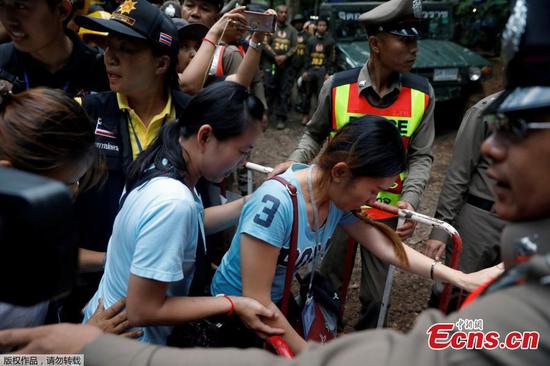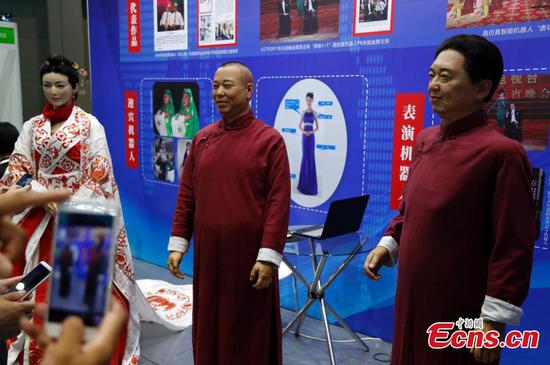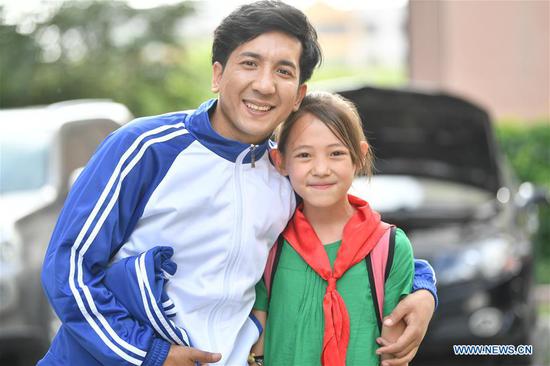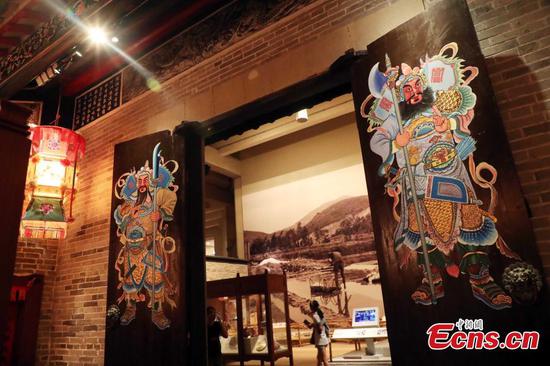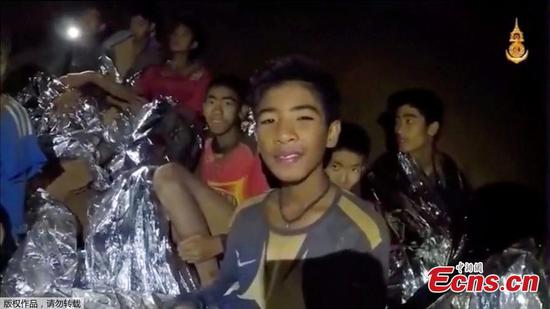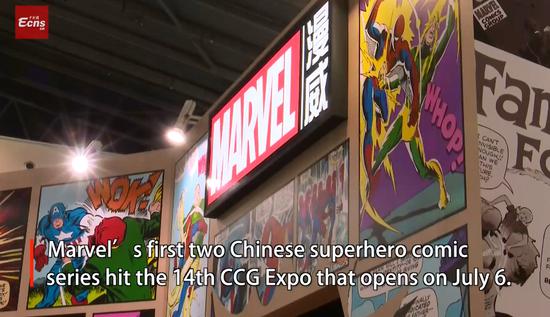The Democratic People's Republic of Korea (DPRK) lashed out at the U.S. "gangster-like" attitude when demanding denuclearization at the high-level talks between the two countries on Friday and Saturday, saying it was "no doubt regrettable."
Shortly after the U.S. delegation led by Secretary of State Mike Pompeo left the DPRK, the DPRK's foreign ministry said in a statement carried by the Korean Central News Agency (KCNA) that the latest development "may shake our unshakable will for denuclearization."
Pompeo met with DPRK top leader Kim Jong Un during his previous two trips to the country, but Kim refused to meet him this time, and instead wrote a letter to U.S. President Donald Trump calling for furthering the process of trust building between Pyongyang and Washington after the two leaders' historic summit in Singapore last month, according to the KCNA.
A foreign ministry spokesman said that while the DPRK had asked for simultaneous moves on formally declaring an end to the 1950-53 Korean War and denuclearization, the U.S. side only insisted that the DPRK take steps for comprehensive, verifiable and irreversible denuclearization (CVID).
"The DPRK side, during the talks, put forward the constructive proposals to seek a balanced implementation of all the provisions of the Joint Statement out of its firm willingness to remain faithful to the implementation of the spirit and agreed points of the DPRK-U.S. summit meeting and talks," the KCNA quoted the spokesman as saying.
The DPRK's proposals included realizing multilateral exchanges for improved relations between Pyongyang and Washington, and declaring the end to the status of war on the occasion of the 65th anniversary of the signing of the Korean Armistice Agreement to build a peace regime on the Korean Peninsula, according to the spokesman.
In addition, Pyongyang pledged to dismantle its test ground of high-thrust engine to make a physical verification of the suspension of its inter-continental ballistic missile program as part of denuclearization steps. It also proposed making an earliest start of the working-level talks for returning the remains of U.S. soldiers killed during the Korean War, said the spokesman.
"But the U.S. side came up only with its unilateral and gangster-like demand for denuclearization, just calling for CVID," the spokesman said, pointing out that the U.S. side "never mentioned the issue of establishing a peace regime on the Korean peninsula."
The DPRK regards the signing of a formal agreement with United States to end the Korean War as a key measure to remove the danger of war on the peninsula and normalize the DPRK-U.S. relations.
The spokesman also warned that the high-level talks "brought us in a dangerous situation where we may be shaken in our unshakable will for denuclearization, rather than consolidating trust between the DPRK and the United States."
The spokesman also criticized the U.S. delegation for emphasizing too much the suspension of U.S.-South Korea joint military drills in August, and much less the dismantlement of Punguye Ri nuclear test site in May by the DPRK, adding that the military drills can be easily resumed while the destruction of the test site is irreversible.
Pompeo paid a visit to the DPRK from Thursday to Saturday, weeks after Trump met with Kim in Singapore on June 12.
Before leaving Pyongyang, he told reporters that the two sides "had many hours of productive conversations" to deliver the commitments made in the Singapore summit.









